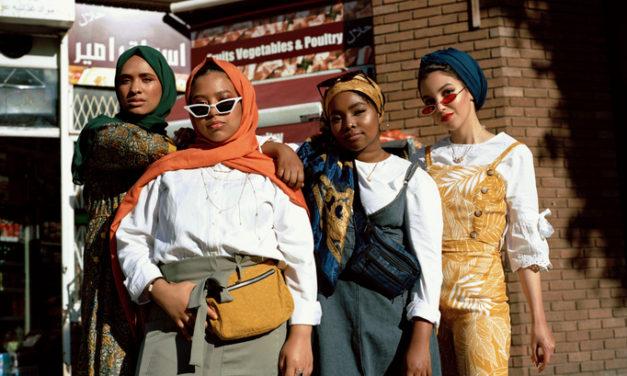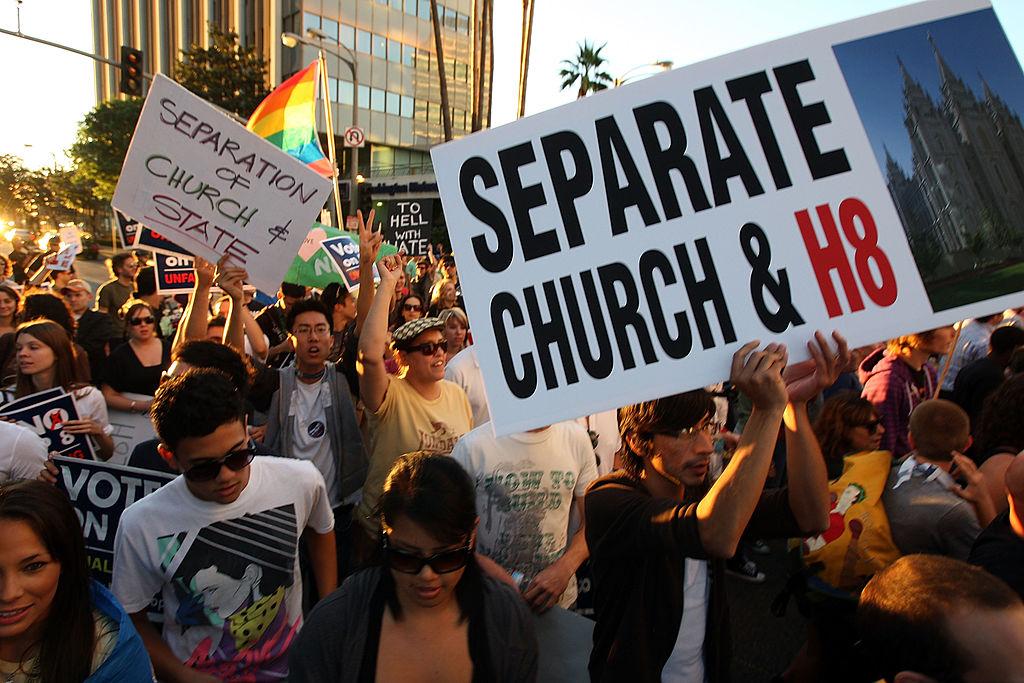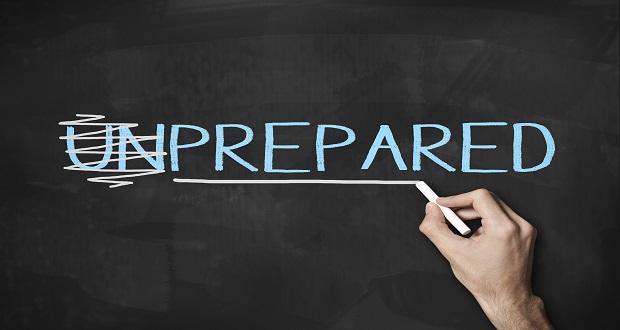A Point of View: One Surprising Secret to Cultivating Understanding in Polarizing Times
When you encounter someone who expresses something you consider to be ignorant or problematic, pause, and ask yourself: What about your experiences provided you with the knowledge and context you have about the topic? How might this person’s exposure to similar experiences have been different? This sounds simple, but it is one of the most difficult practices to cultivate in reality. The LARA method is a four-step approach to help you with this.
Read More
























